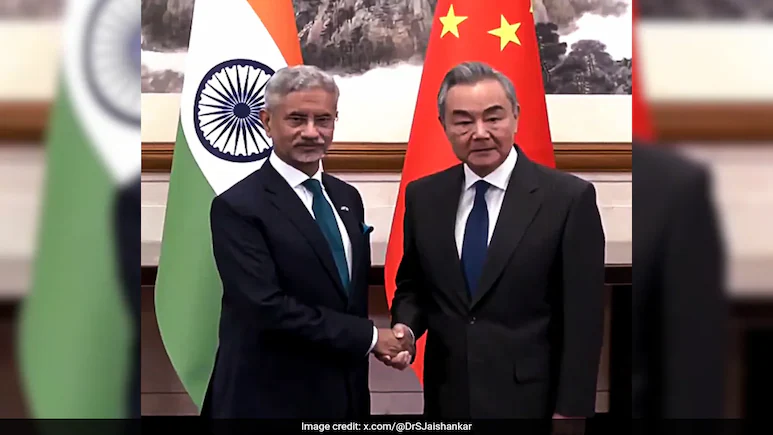Chinese Foreign Minister Wang Yi’s visit to Delhi for talks with External Affairs Minister S. Jaishankar is more than a bilateral meeting, it’s a signal of how Asia’s power balance may evolve. Since the Galwan Valley clashes in 2020, relations between India and China have been strained, with tens of thousands of troops still stationed along the Line of Actual Control. While disengagement has happened in some friction points, deep mistrust continues. Wang Yi’s discussions with Jaishankar and NSA Ajit Doval aim to stabilize the border and rebuild channels of dialogue.
This visit comes as India–US ties face pressure after Washington doubled tariffs on Indian goods and imposed penalties over Russian oil. For China, this is an opportunity to re-engage with New Delhi while India is reassessing its strategic choices. In the future, both India and China may manage their competition while pursuing limited physical collaboration in trade, enhanced connectivity and multilateral institutions like the SCO – something like a “cold peace.” India will remain suspicious of China’s relationship with Pakistan, as well as its assertiveness in the Indo-Pacific. Whether anything will come of this New Delhi-Bali meeting will shape not only the bilateral relationship but also the geopolitics of Asia as a whole.

